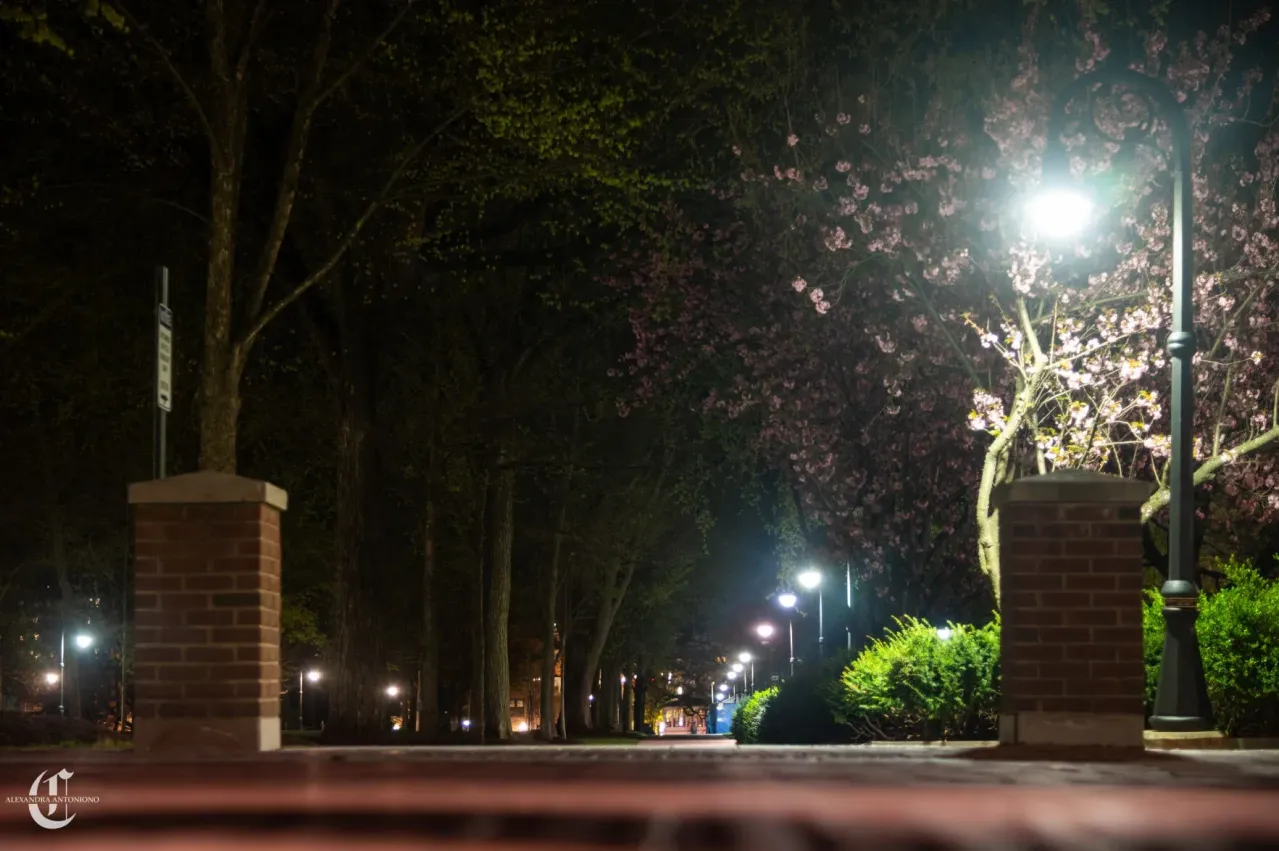This story is part of the 2025 Enterprise Reporting Project: Hazing
April 24, 2025
‘If I can just get through this, then it'll be fine’ | Students share hazing experiences
Meet three Penn State students whose stories show how the scope of hazing at Penn State stretches beyond traditional Greek Life.

A silhouette portrait of hazing victim Frank Linus.
Credit: Alexandra AntonionoPenn State's most recent anti-hazing report includes 21 incidents from January 1, 2020 through December 23, 2024, with 16 (76%) involving social Greek organizations. The data shows that while Greek Life continues to be a major contributor to the university's hazing problem, the issue spreads beyond fraternities and sororities.
The Daily Collegian's investigative team set out to better understand hazing's effects on students who seek out community and belonging within these organizations. The reporters found three undergraduates who were willing to come forward and share their stories. Within each are details of unnecessary hardships endured, anxiety, feelings of betrayal and grappling with how to move forward.
The article also showcases some of the issues that make combatting hazing complicated. One student who spoke with The Collegian tried to report his incident to the university but was unable to because the organization was not registered with Penn State. The other two declined to report their organizations' actions or to name them on the record.

While state and federal anti-hazing legislation have been important steps toward keeping students safer on campus, Jade's and Michelle's reporting shows that there is more work to be done.
Visit The Collegian's website to read the investigative piece in its entirety.
Credits
- Reporters
- Jade D'Agostino and Michelle Diamond
- Editor
- Amy Schafer
- General Manager
- Brent Addleman
